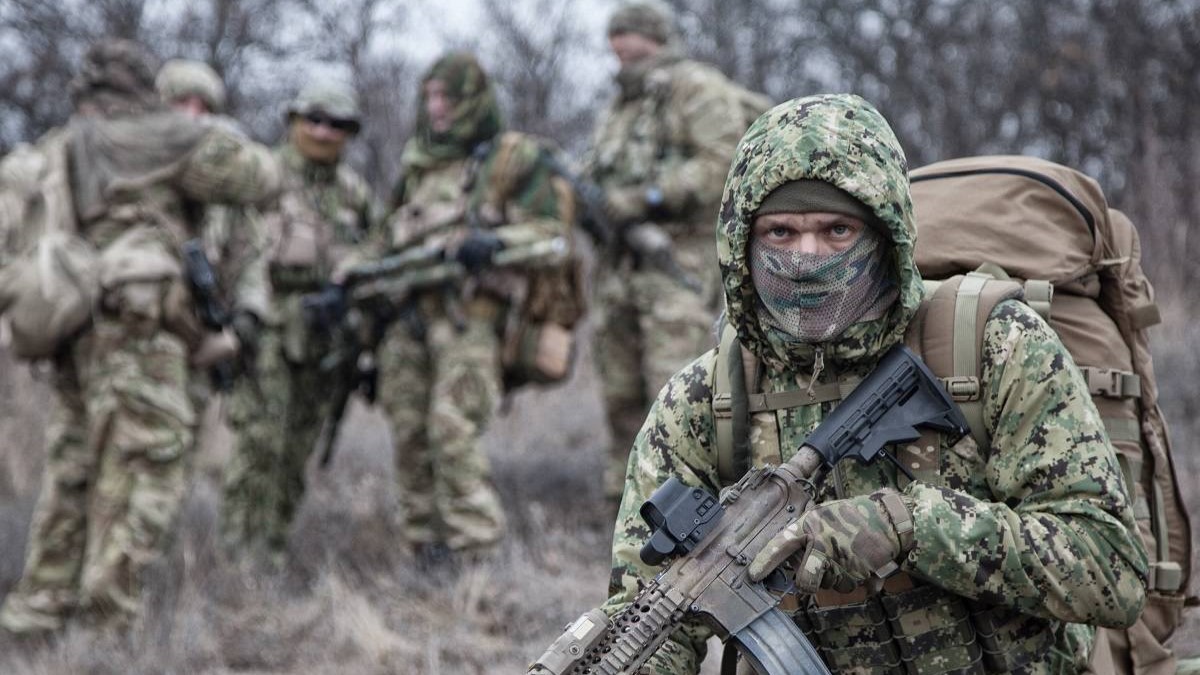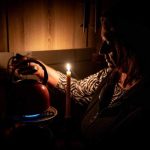The British Special Air Service and the European country’s other special forces have operated clandestinely in Nigeria and 18 other nations over the past 12 years, research has revealed.
It could be recalled that in 2012, a group of SBS commandos attempted and failed to rescue a Briton and an Italian held by an Islamist group in Nigeria.
The Guardian UK reported that the British SAS also operated secretly in Algeria, Estonia, France, Oman, Iraq, Kenya, Libya, Mali, Cyprus, Pakistan, Somalia, the Philippines, Russia, Syria, Ukraine, Yemen and most recently Sudan.
The elite military units don’t have ministers publicly certifying their operations, thus, they operate covertly. But, based on media leaks, a research organisation called Action on Gun Violence has compiled a list of their operations from 2011, the online newspaper added in a May 23, 2023 report titled, ‘UK special forces have operated secretly in 19 countries since 2011,
It gives the impression that the prime minister and defence secretary frequently send personnel of the SAS, Special Boat Service, and Special Reconnaissance Regiment on dangerous operations, usually when Britain is not at war.
Special forces have been particularly active in Syria, with reports of them entering the country in 2012 to help rebel groups fighting against President Bashar al-Assad. They are also reported to have been sent in 2013 to identify military targets in advance of a bombing campaign that MPs ended up voting against.
But because of the fixation with secrecy, Matt Tonroe, a member of the SAS, was officially identified as a member of the Parachute Regiment when he was murdered in Syria in 2018. It was later discovered that he had actually been killed by his US colleague’s grenade, not an improvised explosive device.
Although Britain is not an official participant in the conflict, 50 members of the UK special forces were named as being present in Ukraine earlier this year in leaked Pentagon documents. The numbers for the US and France were listed as being 14 and 15, respectively. Nonetheless, their goal was left unstated.
The lengthy list of deployments, according to the report’s authors, occurred despite a lack of control. Even though special forces can be deployed without the Commons’ consent and are not subject to parliamentary committee investigations, etiquette requires that MPs vote to authorise a war.
After a terrorist massacre of 38 people, including 30 Britons, at a beach hotel in Tunisia in June 2015, it was once claimed that David Cameron, the country’s then-prime minister, had granted the SAS “carte blanche” to apprehend or murder Middle Eastern Islamic leaders.
“The extensive deployment of Britain’s Special Forces in numerous countries over the past decade raises serious concerns about transparency and democratic oversight,” said Iain Overton, the executive director of AOAV. “The lack of parliamentary approval and retrospective reviews for these missions is deeply troubling.”
Yet in March, a public investigation into claims that the SAS committed 54 summary executions in Afghanistan in 2010 and 2011—typically during night raids—began. Guys were taken away from their families and shot dead several times after being accused of producing a weapon.
Following the start of violence in Sudan in April, special forces helped evacuate two dozen British diplomats and their families to an airfield north of the capital when they were in danger of being attacked.
At the time, current defence secretary and Tory MP Ben Wallace commended the military effort. The operation, according to the Ministry of Defence, also included troops of the Royal Marines, the RAF, and the Parachute Regiment, although it omitted special forces.
Special forces routinely take part in both exfiltrations and hostage rescues. A couple detained in the Philippines was successfully released in 2019 in a mission that UK special forces assisted in preparing and for which it trained the country’s military. In 2012, a group of SBS commandos attempted and failed to rescue a Briton and an Italian held by an Islamist group in Nigeria.
The last time SAS members were referenced in the media was in 2014 when a tabloid claimed they were “on hand” to guard the safety of British athletes at the Sochi Winter Olympics.




2 Comments